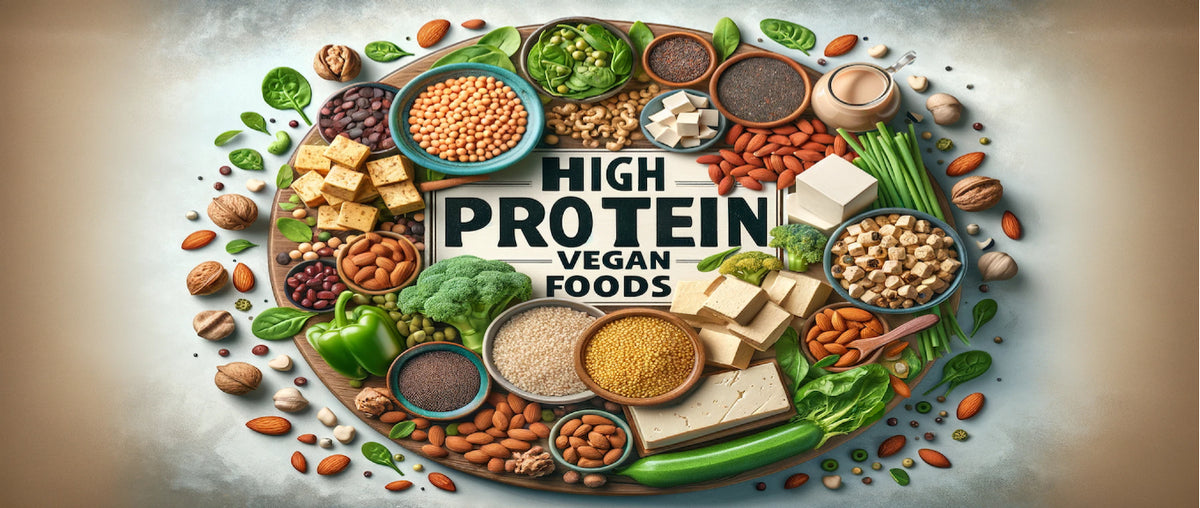The Importance of Sun Protection for Healthy Skin
Sun protection is crucial for maintaining healthy skin. Despite common misconceptions, sun damage can occur year-round, regardless of the weather. In this article, we will explore the importance of sun protection and provide detailed guidance on how to protect your skin from harmful UV rays. This guide is especially useful for those following a healthy diet and lifestyle, including those interested in plant based foods and Vegan Bodybuilding Diet.
Key Takeaways
- Wearing sunscreen daily is crucial for healthy skin.
- UV rays can cause skin cancer and premature aging.
- Sunscreen should be part of your daily skincare routine.
- Choosing the right SPF is essential for effective protection.
- Protective clothing and accessories also help shield skin from harmful rays.
Why Sun Protection is Essential
The Harmful Effects of UV Radiation
Ultraviolet (UV) radiation from the sun is a primary cause of skin damage. UV radiation penetrates the skin and causes damage at the cellular level. This can lead to various skin conditions, including:
- Skin cancer: Prolonged exposure to UV rays increases the risk of developing skin cancers such as melanoma, basal cell carcinoma, and squamous cell carcinoma.
- Premature aging: UV radiation breaks down collagen and elastin in the skin, leading to wrinkles, sagging, and age spots.
- Sunburn: Short-term exposure to UV rays can cause sunburn, characterized by red, painful skin that can peel and blister.
Incorporating sun protection into your daily routine is as essential as adopting a heart healthy diet. Just as we consume Plant Based Protein and High Protein Vegan Food to support our overall health, we must protect our skin from external harm.
The Link Between Sun Exposure and Skin Cancer
According to the Skin Cancer Foundation, one in five Americans will develop skin cancer by the age of 70. Regular use of sunscreen and other sun-protective measures can significantly reduce this risk. This is particularly important for individuals who spend a lot of time outdoors, such as athletes and those following a Vegan Bodybuilding Diet.
Premature Aging Due to Sun Damage
The sun's UV rays accelerate the aging process of the skin, leading to what is known as photoaging. This includes:
- Wrinkles and fine lines: UV exposure damages the skin's connective tissues.
- Loss of elasticity: The skin becomes less firm and more prone to sagging.
- Hyperpigmentation: Sunspots and uneven skin tone become more prominent.

Types of Sun Protection
Sunscreen: Types and SPF Levels
Sunscreen is a crucial component of any sun protection strategy. There are two main types of sunscreen:
- Physical (mineral) sunscreens: Contain active mineral ingredients like zinc oxide or titanium dioxide that sit on top of the skin and reflect UV rays.
- Chemical sunscreens: Contain organic (carbon-based) compounds that absorb UV radiation and convert it into heat, which is then released from the skin.
The Sun Protection Factor (SPF) indicates the level of protection a sunscreen provides against UVB rays, the main cause of sunburn. For adequate protection, an SPF of at least 30 is recommended. Higher SPF values, such as SPF 50, provide more protection, but no sunscreen can block 100% of UV rays.
Protective Clothing: Hats, Sunglasses, and UPF Clothing
In addition to sunscreen, wearing protective clothing can significantly reduce UV exposure:
- Hats: A wide-brimmed hat can shade your face, neck, and ears.
- Sunglasses: Choose sunglasses that block 100% of UVA and UVB rays to protect your eyes and the delicate skin around them.
- UPF clothing: Clothing with a Ultraviolet Protection Factor (UPF) rating can block a high percentage of UV rays. Look for UPF 50+ for the best protection.
Shade and Timing: Avoiding Peak Sun Hours
One of the simplest ways to protect your skin is to avoid direct sun exposure during peak UV radiation hours, typically between 10 AM and 4 PM. Seek shade whenever possible, especially if you are spending extended periods outdoors.
Choosing the Right Sunscreen
Understanding SPF and Broad-Spectrum Protection
SPF measures the level of protection against UVB rays, which cause sunburn. However, UVA rays penetrate the skin more deeply and contribute to premature aging and skin cancer. Therefore, it is important to choose a broad-spectrum sunscreen that protects against both UVA and UVB rays.
Ingredients to Look For
When choosing a sunscreen, look for the following ingredients for effective protection:
- Zinc oxide and titanium dioxide: Found in physical sunscreens, these minerals provide broad-spectrum protection and are less likely to cause skin irritation.
- Avobenzone and octocrylene: Common in chemical sunscreens, these ingredients also offer broad-spectrum protection.
Application Tips for Maximum Effectiveness
To ensure your sunscreen is effective:
- Apply generously: Most people do not use enough sunscreen. Apply at least one ounce (a shot glass full) to cover your entire body.
- Reapply regularly: Sunscreen should be reapplied every two hours, or more frequently if swimming or sweating.
- Don’t forget key areas: Ensure you cover often-missed spots like the ears, back of the neck, tops of feet, and the scalp if hair is thinning.
Daily Sun Protection Routine
Incorporating Sunscreen Into Your Morning Routine
Including sunscreen in your morning routine is essential for healthy skin. After cleansing and moisturizing, apply a broad-spectrum sunscreen with at least SPF 30. If you use makeup, choose products that contain SPF for added protection.
Reapplying Sunscreen Throughout the Day
Even if you start your day with sunscreen, it's important to reapply throughout the day, especially if you're outdoors. Keep a travel-size sunscreen in your bag for easy access.
Using Makeup with SPF
Many makeup products now include SPF, making it easier to incorporate sun protection into your daily routine. Look for foundations, BB creams, and powders that offer broad-spectrum protection.
Sun Protection for Different Skin Types
Special Considerations for Sensitive Skin
Individuals with sensitive skin may need to choose sunscreens carefully to avoid irritation. Mineral sunscreens with zinc oxide or titanium dioxide are often gentler on sensitive skin compared to chemical sunscreens.
Sun Protection for Darker Skin Tones
People with darker skin tones still need sun protection. While melanin provides some natural protection, it is not enough to prevent damage from UV rays. Look for broad-spectrum sunscreens that do not leave a white cast, such as those formulated with micronized or tinted zinc oxide.
Products for Oily and Acne-Prone Skin
For those with oily or acne-prone skin, lightweight, non-comedogenic sunscreens are ideal. Gel-based or mattifying sunscreens can help control oil without clogging pores.
Also Read
Common Myths and Misconceptions
Debunking Myths About Sunscreen and Sun Protection
There are many myths surrounding sunscreen and sun protection that need to be debunked:
- Myth: You don't need sunscreen on cloudy days.Fact: Up to 80% of UV rays can penetrate clouds, so protection is still necessary.
- Myth: Darker skin doesn't need sunscreen.Fact: While darker skin has more melanin, it is still susceptible to UV damage and skin cancer.
- Myth: Sunscreen is not necessary if you use makeup with SPF.Fact: Makeup with SPF is not a substitute for a dedicated sunscreen product. Layering both provides better protection.
Clarifying Common Misconceptions
Many people believe that a higher SPF means they can stay in the sun longer without reapplying sunscreen. In reality, no sunscreen can offer complete protection, and reapplication every two hours is crucial regardless of SPF.
Long-term Benefits of Regular Sun Protection
Prevention of Skin Cancer
The most significant benefit of regular sun protection is the reduced risk of skin cancer. By consistently using sunscreen and other protective measures, you can lower your risk of developing both melanoma and non-melanoma skin cancers.
Maintenance of Youthful, Healthy Skin
Regular use of sun protection can prevent the signs of premature aging, such as wrinkles, fine lines, and age spots. This helps maintain a youthful appearance and promotes overall healthy skin.
Overall Health Benefits
Protecting your skin from the sun also supports your overall health. Less sun exposure reduces the risk of eye damage, immune suppression, and exacerbation of certain skin conditions like rosacea and eczema.
Conclusion
Sun protection is a critical component of a healthy lifestyle, much like following a healthy diet and consuming cholesterol-free foods. By understanding the importance of sun protection and implementing the tips outlined in this article, you can enjoy the benefits of healthy skin for years to come.
Do you enjoy vegan food? We have a list of vegan restaurants in India to help you find delicious options in your area!










